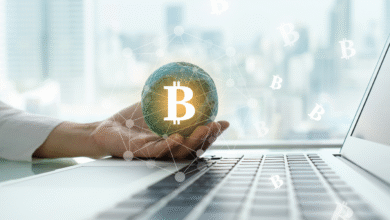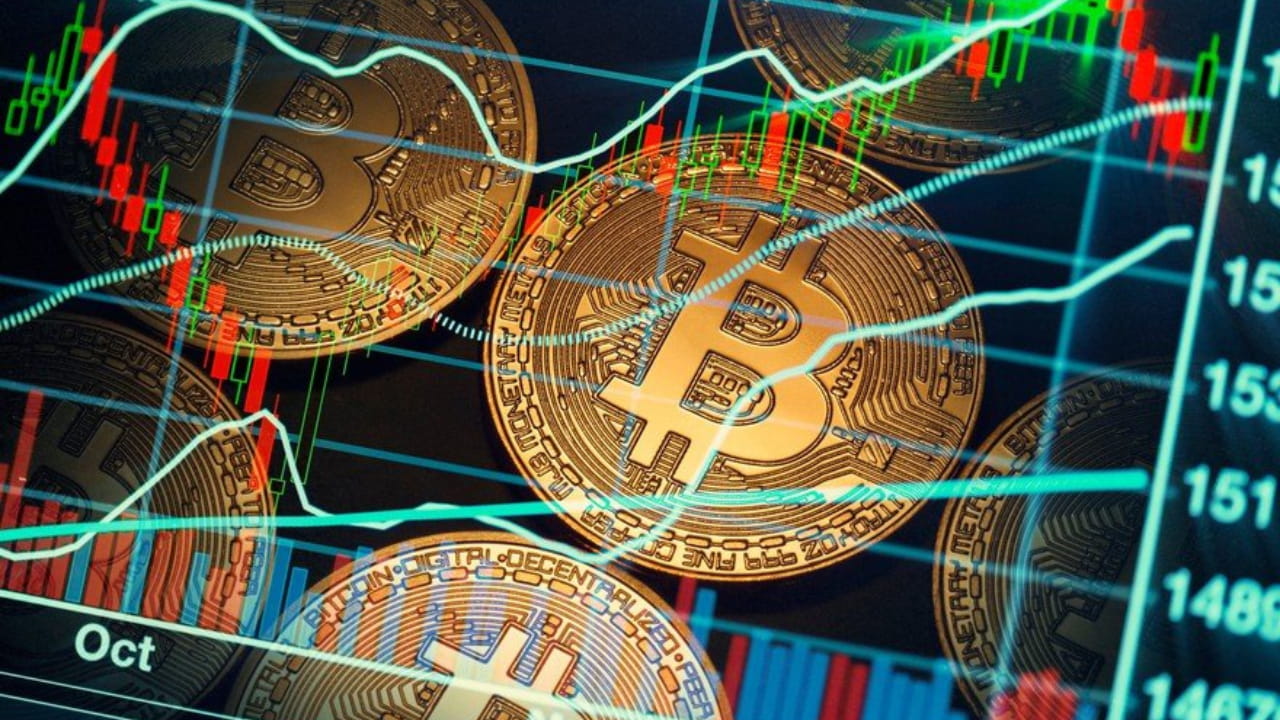Ripple vs SEC XRP’s Future Amid Bitcoin’s $103K Surge
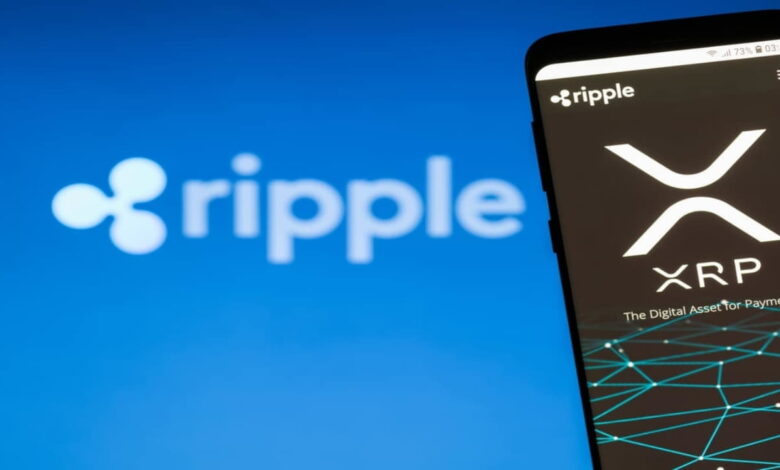
Few events have attracted as much attention in cryptocurrencies as the continuous legal struggle between Ripple Labs and the U.S. Securities and Exchange Commission (SEC). The future of XRP Price, the sixth-largest cryptocurrency by market capitalisation worldwide, hangs in jeopardy as Ripple’s appeals seem promising.
Meanwhile, Bitcoin (BTC) is skyrocketing; its price has just reached an amazing $103,000. The most recent developments in Bitcoin’s extraordinary rise and Ripple’s legal difficulties will be discussed in this article, offering ideas on what these events might imply for the whole cryptocurrency industry.
Ripple vs. SEC Legal Battle
The business behind XRP, Ripple Labs, has been in constant legal hot water with the SEC. The argument is whether XRP should be categorised as a security under U.S. law, subjecting the digital asset to close regulatory control. Ripple gained a partial win in 2023 when U.S. District Judge Analisa Torres decided XRP sold to individual investors is not a security. The matter is far from resolved, though, as the SEC declared its intention to appeal the ruling.
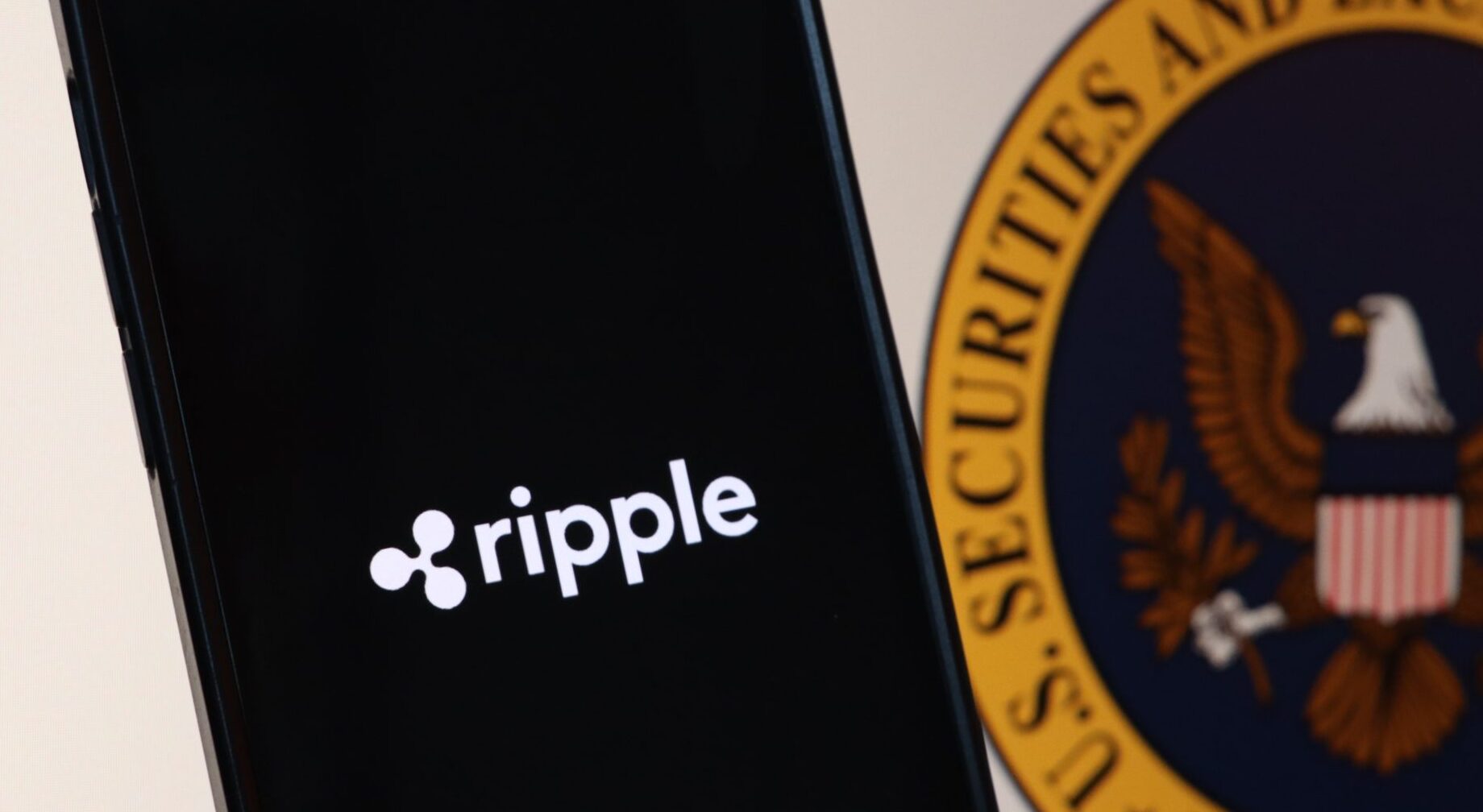
An appeal looms big; hence, many investors are keeping a close eye on the matter since it may significantly affect the direction of XRP. Should the SEC effectively contest the decision, Ripple may encounter major legal obstacles that might influence XRP’s pricing and liquidity. Should Ripple’s legal team uphold the current decision, the business and the larger bitcoin sector would benefit significantly. A positive result might offer much-needed legislative clarification and establish a standard for future handling of other cryptocurrencies.
Brad Garlinghouse, the CEO of Ripple, has repeatedly underlined that the actions of the SEC might affect the larger bitcoin market, and the company has vigorously maintained its stance. Many in the crypto community view this case as a pivotal turning point for the direction of the sector, particularly because U.S. authorities still struggle with how to treat digital assets.
Bitcoin’s Resurgence and Appeal
Although Ripple’s legal position remains unknown, Bitcoin (BTC) has been showing a fantastic comeback. The flagship Bitcoin has crossed the $103,000 milestone, indicating that the market is alive with a positive attitude. Increased institutional acceptance, a growing awareness of Bitcoin as a store of value, and macroeconomic events pushing investors to search for alternatives to conventional assets are the leading causes of this jump, most likely.
Over the past several years, institutional investment in Bitcoin has surged; hedge funds, publicly traded businesses, and family offices are increasingly turning to Bitcoin as a safe refuge in uncertain times and an inflation hedge. Moreover, the continuous global economic uncertainty marked by geopolitical tensions and inflation worries has only made Bitcoin more appealing as a non-correlated asset that can help diversify portfolios.
The recent Bitcoin price increase to $103,000 has also sparked debates on approving an ETF for Bitcoin. An ETF would make it simpler for institutional investors to join the market since it would let regular investors access Bitcoin without having to buy and keep it personally. Although the SEC has not yet approved a Bitcoin ETF, the increasing momentum behind the cryptocurrency may finally force authorities to authorise such a product, therefore enhancing the price and liquidity of Bitcoin.
Ripple’s Legal Challenges
Although Bitcoin’s ascent is remarkable, Ripple’s continuous legal fight clouds XRP’s possible expansion and business opportunities. Investors’ biggest concern is whether XRP’s legal ambiguity will impede its prospects of becoming widely adopted. A favourable result for Ripple in the SEC case might allow increased institutional interest in XRP and clarify how Bitcoin would be controlled in the United States. If the SEC appeals, however, it might open the path for stricter rules, restricting Ripple’s expansion and lowering XRP’s attractiveness among investors.
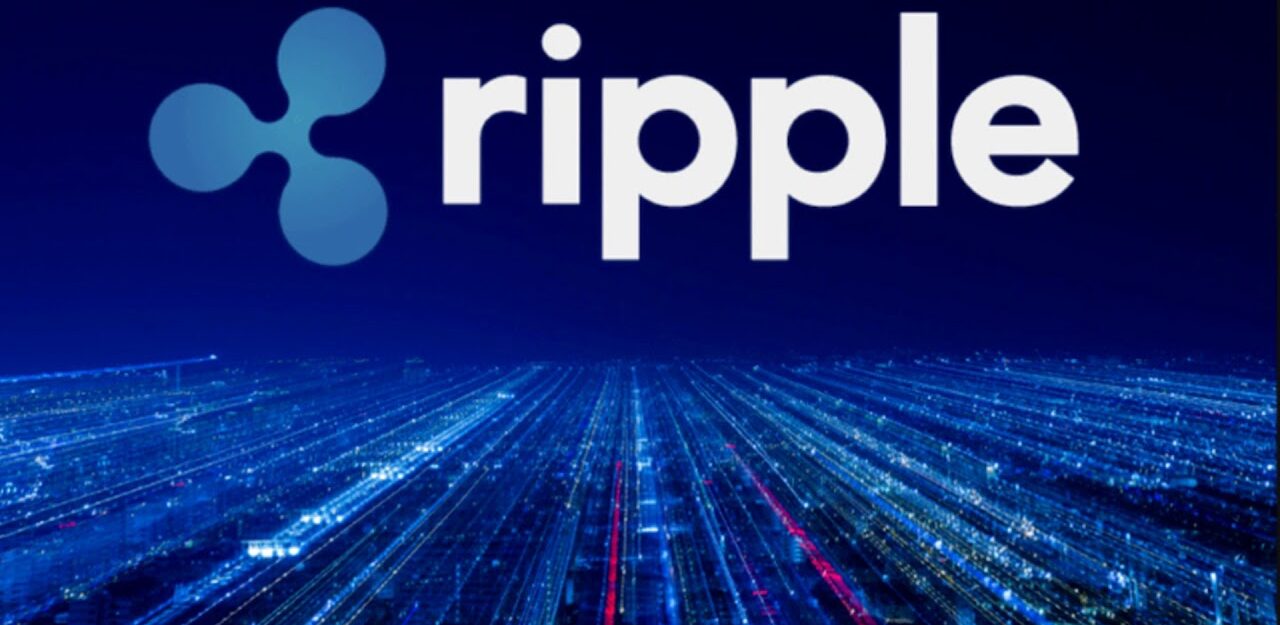
Furthermore, the rising demand for Bitcoin and the price rise can indirectly affect the general cryptocurrency market. As investors try to diversify their portfolios, the popularity of Bitcoin has historically sparked growing curiosity in other digital assets. Should the rise of Bitcoin coincide with improved regulatory clarity for other cryptocurrencies, this might create a more favourable environment for alternative coins such as Ripple.
Moreover, Bitcoin’s ongoing development could force Ripple to quicken its search for XRP regulatory clarity. The regulatory environment will probably change as the Cryptocurrency Market becomes more popular and institutional actors acknowledge it; this could help Ripple. The growing institutional acceptance of Bitcoin could also indicate that the Bitcoin market is maturing, which would cause the SEC to take a more balanced attitude toward controlling digital assets.
Final thoughts
The result of Ripple’s continuous legal struggle with the SEC will primarily determine XRP’s future value. Should Ripple be able to resist the request, XRP holders would have much-needed assurance, and the scene would be ready for more institutional investment. An XRP ETF’s possible approval would also be fascinating since it would provide regular investors with easier access to the cryptocurrency.
Conversely, the present surge in Bitcoin has shown its durability and increasing validity. The likelihood of future adoption of a Bitcoin ETF would only help to reinforce its status as the top financial tool.
Right now, Bitcoin and Ripple still lead the way among cryptocurrencies. Although Ripple has major legal challenges, Bitcoin’s success gives the sector hope since it shows that digital assets may be accepted generally. The future of cryptocurrencies appears better than ever as these two big companies negotiate their obstacles.



